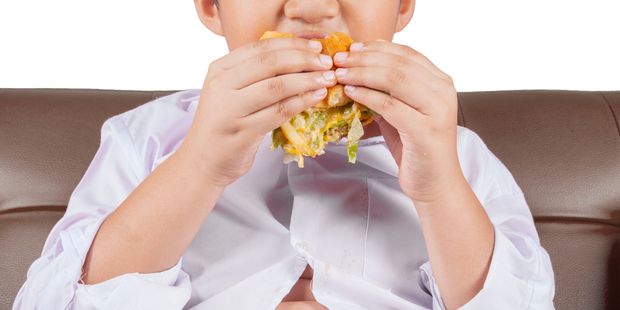Nueva Zelanda/Enero de 2017/Autor: Darren Powell/Fuente: NZ herald.com
RESUMEN: Parece que nuestra Autoridad de Normas Publicitarias, una vez más, no puede adoptar un código estricto de publicidad de alimentos para niños y jóvenes. Esto no es sorprendente. En las sociedades neoliberales como la nuestra, las necesidades del sector privado suelen tener prioridad sobre las necesidades de los ciudadanos, incluidos los niños. Esto es especialmente cierto para la industria de «Big Food». Que incluye a los productores multinacionales de alimentos y bebidas con poder de marketing masivo. Una serie de expertos en salud pública, periodistas, investigadores y el público culpar a los productos Big Food, el cabildeo y las prácticas de marketing para la obesidad infantil «crisis». Sin embargo, la industria de alimentos y bebidas refuta estas afirmaciones (notablemente, al argumentar que sus campañas publicitarias multimillonarias, enfocadas a los niños, no afectan el consumo de los niños) y ahora se reinventa con éxito como parte de la solución.
It looks as though our Advertising Standards Authority will, once again, fail to adopt a strict code of food advertising to children and young people. This is hardly surprising.
In neoliberal societies such as our own, the wants of the private sector frequently take priority over the needs of citizens, including children. This is especially true for the «Big Food» industry. which includes the multinational food and drink producers with massive marketing power.
A raft of public health experts, journalists, researchers and the public blame Big Food products, lobbying and marketing practices for the childhood obesity «crisis».
However, the food and drink industry refutes these claims (remarkably, by arguing that their multi-million dollar, child-focused advertising campaigns do not affect children’s consumption), and is now successfully re-inventing itself as part of the solution.
One so-called solution is a «commitment» (a concocted, self-regulated, non-binding commitment) to the World Health Organisation and various governments to restrict the marketing of junk food to children and to promote healthy lifestyles.
We see these «solutions» at work in multiple ways.
McDonald’s, for instance, sponsors numerous sports events, provides meal vouchers at junior football games and now advertises «healthy» products to children, such as wraps, sliced apples and bottled water – obviously the three most popular choices for a Happy Meal.
Nestle New Zealand provides free «health education» resources to schools. It has also marketed Milo, a recent «winner» of Consumer NZ’s Bad Taste Food Awards, as the «official drink of play».
Fuente: http://www.nzherald.co.nz/lifestyle/news/article.cfm?c_id=6&objectid=11776254






 Users Today : 32
Users Today : 32 Total Users : 35431212
Total Users : 35431212 Views Today : 45
Views Today : 45 Total views : 3369242
Total views : 3369242